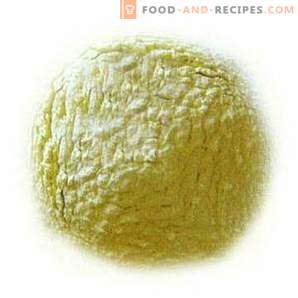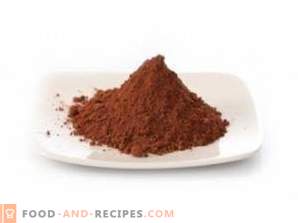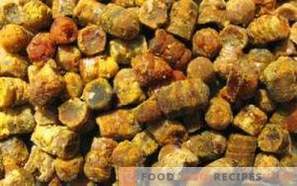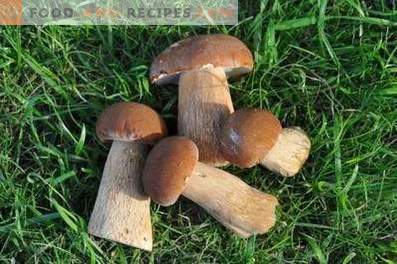
The popular passion for chewing gum is gaining momentum more and more. First of all, this is due to advertising and a fairly wide range of different types of chewing gum with a variety of flavors. Not so long ago, a new gum with an intriguing epithet appeared on the market: natural. This is a chewing tar made from natural raw materials - wood resin.
Composition of chewing tar
Chewing tar is a natural product derived from environmentally friendly raw materials, consisting of resin of larch and cedar, taken in a ratio of 8: 2. Larch gum is known as an effective astringent, anti-inflammatory agent, which, in addition, has wound-healing properties. It contains unique fatty acids, known for their prophylactic and anticancer drugs. Cedar resin, in turn, is known as antiseptic, bactericidal, anti-inflammatory properties. It has vitamin activity, strengthens blood vessels and improves the blood supply to the body.
Benefits from using natural chewing gum
First of all, the high effectiveness of chewing tar as a prophylactic agent for the prevention of various oral diseases, both infectious and inflammatory, was noted. Many people also note the steady elimination of bad breath as a result of chewing tar, the immunomodulating effect will make tar an indispensable tool during the epidemic of influenza and other viral infections. Anti-inflammatory properties of chewing tar make it an indispensable tool for sore throat, indigestion. Chewing such a natural chewing gum every day has a tonic, prophylactic, anti-inflammatory effect on the body as a whole.
Contraindications to the use of natural chewing gum
There is no categorical contraindication to chewing tar, dentists do not recommend it only to those diagnosed with periodontal disease in the gums during the exacerbation. Chewing tar is also allowed for children, moreover, dentists recommend replacing babies with regular chewing gum with natural tar. In some rare cases, allergic reactions to the aroma of coniferous trees have been diagnosed. In these cases, the use of chewing tar can cause allergic spasm, therefore, specialists - allergists do not recommend the use of tar for people suffering from rare forms of allergic reactions.























